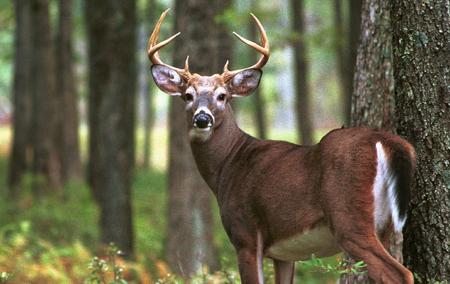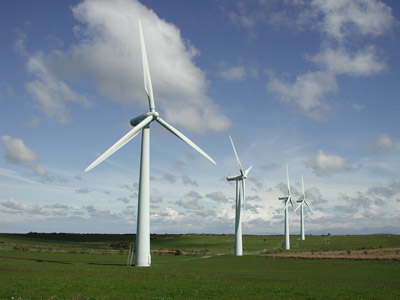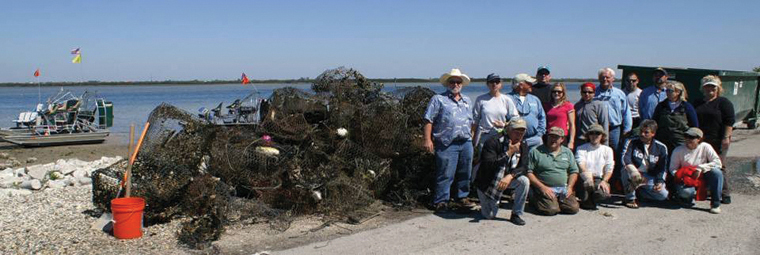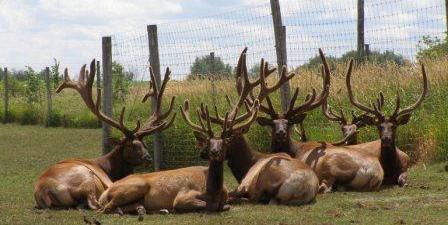There is some big news from Boerne Birders! They recently saw an immature bald eagle (Haliaeetus leucocephalus) last Saturday at Boerne Lake. As far as they can tell, this is a first for Boerne Lake and southern Kendall County. Several birders got a good look at the bird as it flew across the Lake. Delmar Cain first spotted an unusually large bird over the water and Tom Inglet got an especially good view through his spotting scope. Jerry McFarlen thinks it is most likely a second-year bird because there was some white on its back near the head and no light color on the head.
There is a lot of speculation with regard to what the bald eagle is going to do next. Will this bird find Boerne Lake to be a good source of winter food and stay around for a while? Will it be the beginning of more bald eagles wintering here? Might it eventually mate and nest in beautiful Boerne? By the way, bald eagles usually pair bond in their 4th year and then breed and nest for the first time in their 5th year.
Bald eagles are about 29 to 42 inches long, can weigh 7 to 15 pounds, and have a wingspan of 6 to 8 feet. They have a life span of up to 40 years in the wild. Bald eagles are in a group of birds known as fish-eagles and they are thought to be more closely related to kites than to the golden eagle. When it comes to eating, bald eagles are opportunists that catch and eat surface fish but also rabbits, turtles, coots, and carrion. To survive, they must live near permanent water. Continue reading Bald Eagle Spotted in Boerne, Texas



